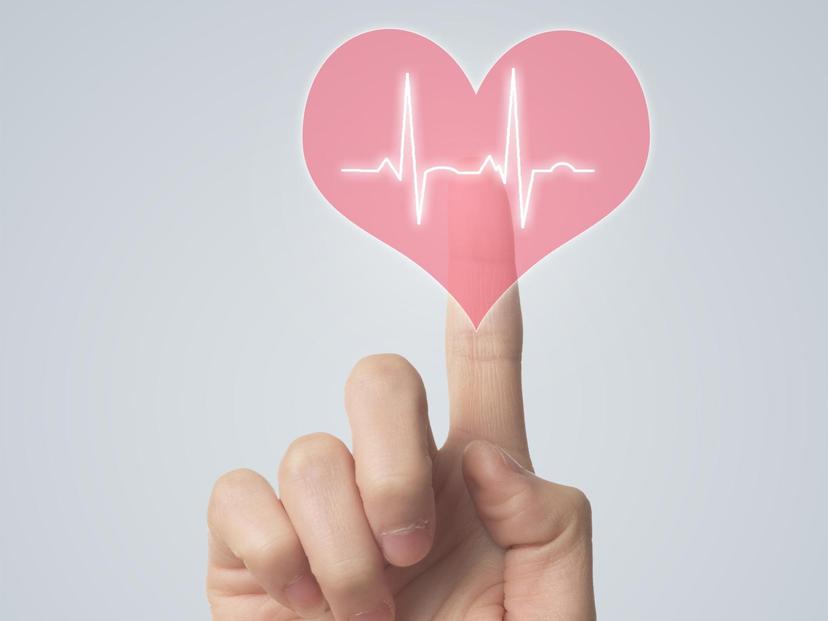11 ноября 2021
9 Questions About Conception


11 ноября 2021
9 Questions About Conception
## How quickly can I become pregnant?
It used to be thought that you should start worrying about not being able to conceive if you had stopped using protection at least 6 months prior. However, doctors now say that there is no reason to worry until at least 12 months after.
## What are the best days to get pregnant?
A few days before [ovulation](https://ul.orna.me/KOge/librarydisease?id=4), the period of ovulation itself, and a few days after it. Ovulation test, freely available at any drugstore, will help you determine this period.
## What are the best positions for conception?
With a normal uterine structure, the position ===does not affect the likelihood of pregnancy. But in some cases (for example, the small number of active sperm in men) positioning the "woman on top" may make it difficult to conceive, because too little sperm enters the uterus. Otherwise, it is just a matter of partner's personal choice.
## What tests should my partner and I take?
If you have no chronic diseases or bothersome symptoms, a standard set includes:
- Tests for common STDs ([HIV](https://ul.orna.me/KOge/librarydisease?id=116), [syphilis](https://ul.orna.me/KOge/librarydisease?id=27), hepatitis [B](https://ul.orna.me/KOge/librarydisease?id=118) and [C](https://ul.orna.me/KOge/librarydisease?id=176), [chlamydia](https://ul.orna.me/KOge/librarydisease?id=213), mycoplasmosis, ureaplasmosis, human papillomavirus
- General analysis of urine
- Complete blood count
- Determination of blood group and rhesus
Women should additionally undergo blood testing for antibodies to [rubella](https://ul.orna.me/KOge/librarybiomarker?id=1044), toxoplasmosis, and [сytomegalovirus](https://ul.orna.me/KOge/librarydisease?id=159). If the expectant mother has not had [сhickenpox](https://ul.orna.me/KOge/librarydisease?id=182) or rubella, it is recommended to get vaccinations against these diseases in advance (3 months before conception).
## Do I need to change my lifestyle in any way?
If either partner has a chronic condition, they should inform the attending physician about the planned pregnancy to adjust, if necessary, drug therapy to achieve the greatest possible stabilization. Additionally, allergy sufferers should be especially careful during allergy season and minimize contact with allergens.
## I am Rh-negative — is that dangerous?
Rhesus in itself does not pose any threat and does not affect the possibility of [pregnancy](https://ul.orna.me/KOge/librarydisease?id=3). However, if your partner is Rh-positive, the baby can inherit it, and then there is an Rh conflict between mother and baby. It is impossible to predict this at the stage of pregnancy planning. However, modern medicine is quite successful in dealing with such cases, so consult with your doctor to learn more about your situation.
## How does the refusal of hormonal contraceptives affect a future pregnancy?
Rejection of contraceptives can cause the body's hyper reaction to changes in the hormonal background: both ovaries may ovulate at once, or in one ovulation several oocytes are released at once.
In the first 2–3 months after withdrawal of OCs, the probability of conceiving twins increases. In some cases, doctors even use this withdrawal syndrome to speed up pregnancy: patients are being prescribed contraceptives for six months and then canceled. Contraceptives do not affect the development and health of the unborn child.
## Can drinking alcohol or cigarettes during the first weeks of a pregnancy negatively affect the baby?
No. The fertilized egg does not immediately attach to the uterine wall to receive nutrition and blood from the expectant mother. If your actions negatively affect the embryo, the pregnancy will not be successful. If the term is more than 4 obstetric weeks, then the baby is fine.
## What medications can interfere with pregnancy?
Some antibiotics and antidepressants can make it difficult to get pregnant. If you have been treated with such medications, it is worth postponing conception for 2–3 months after the end of taking the medications.













